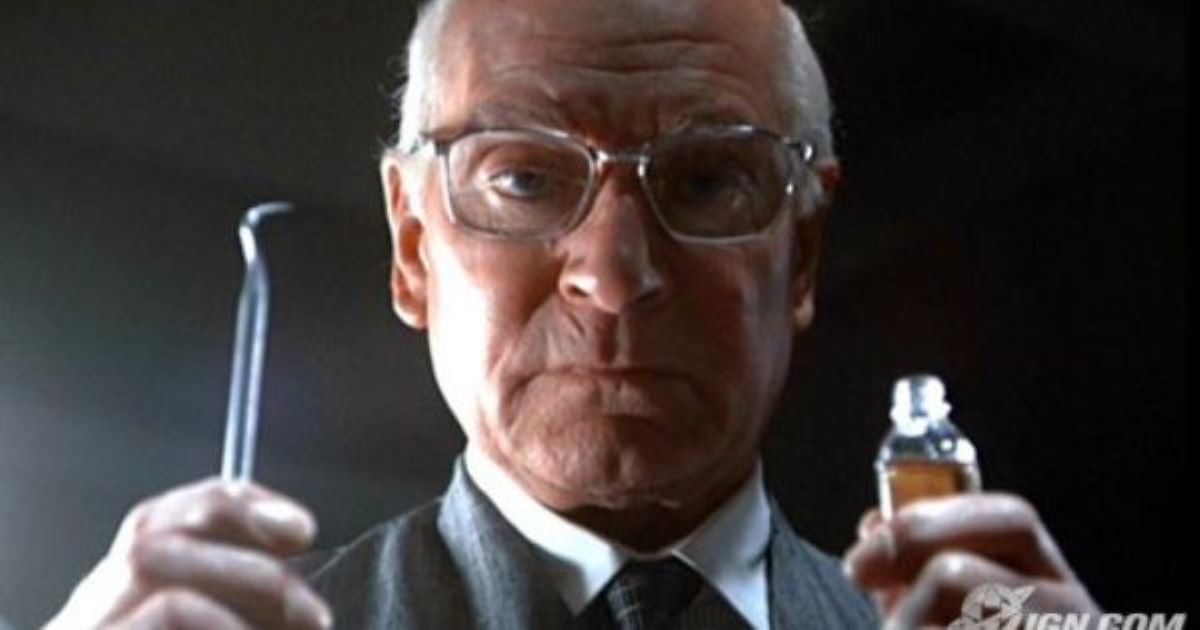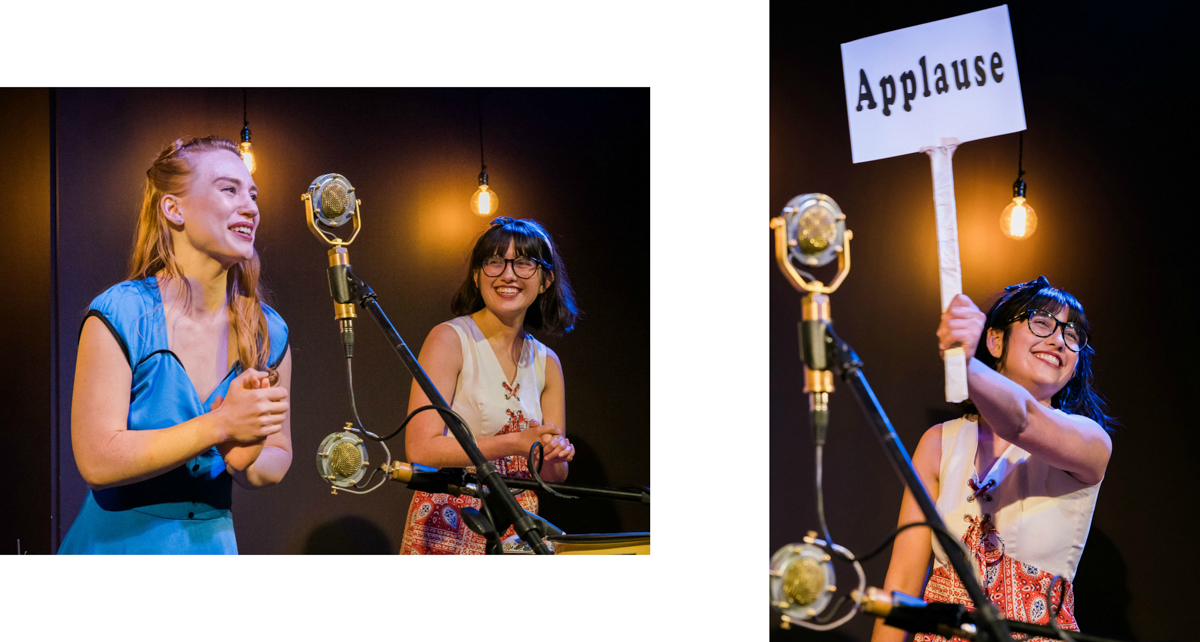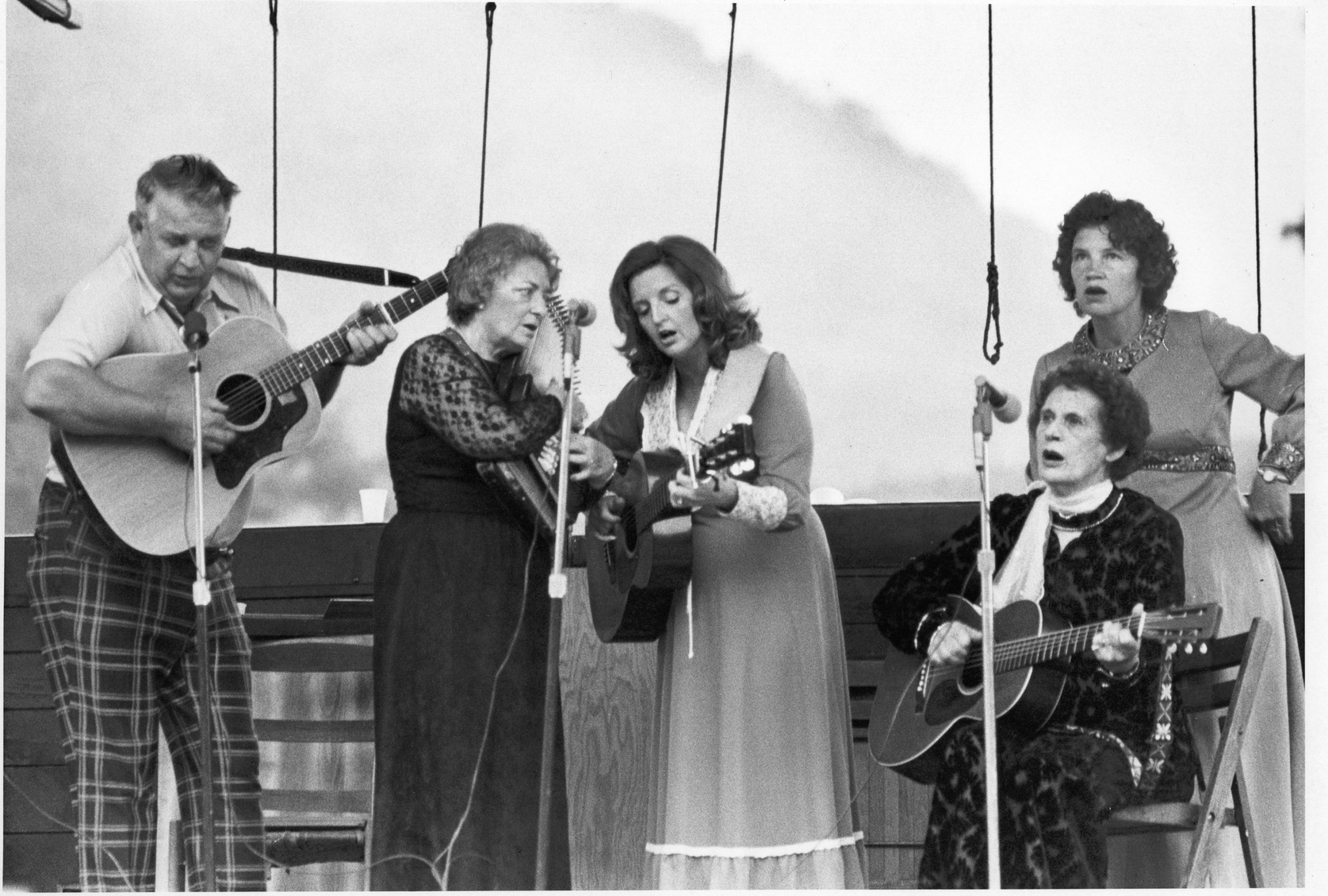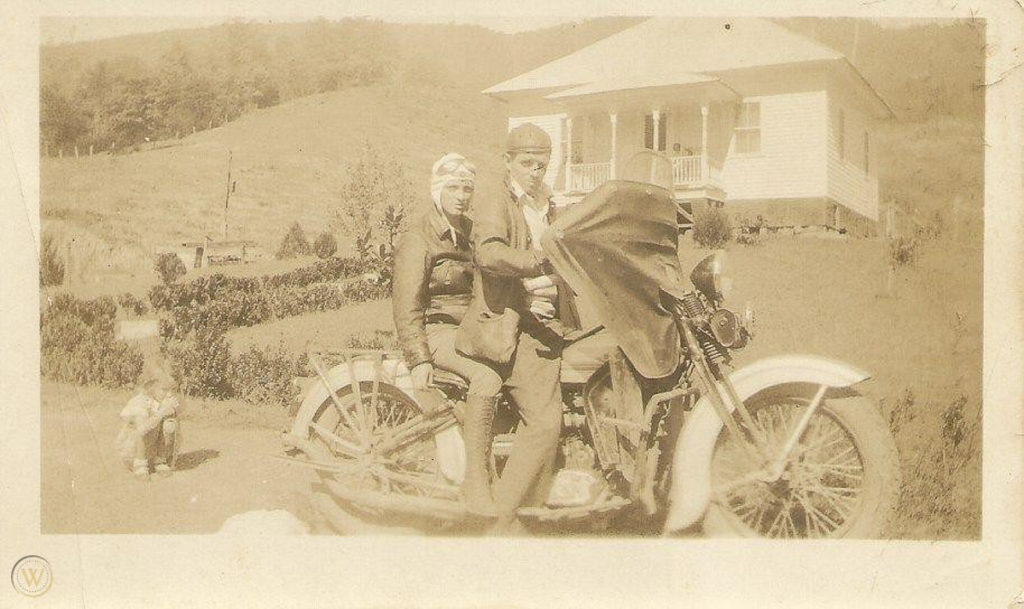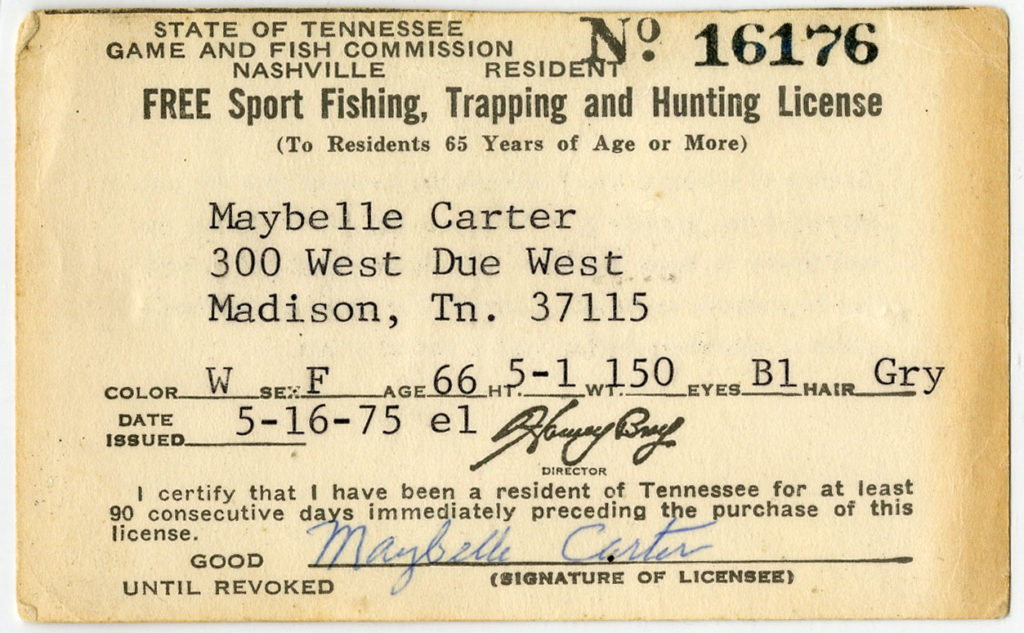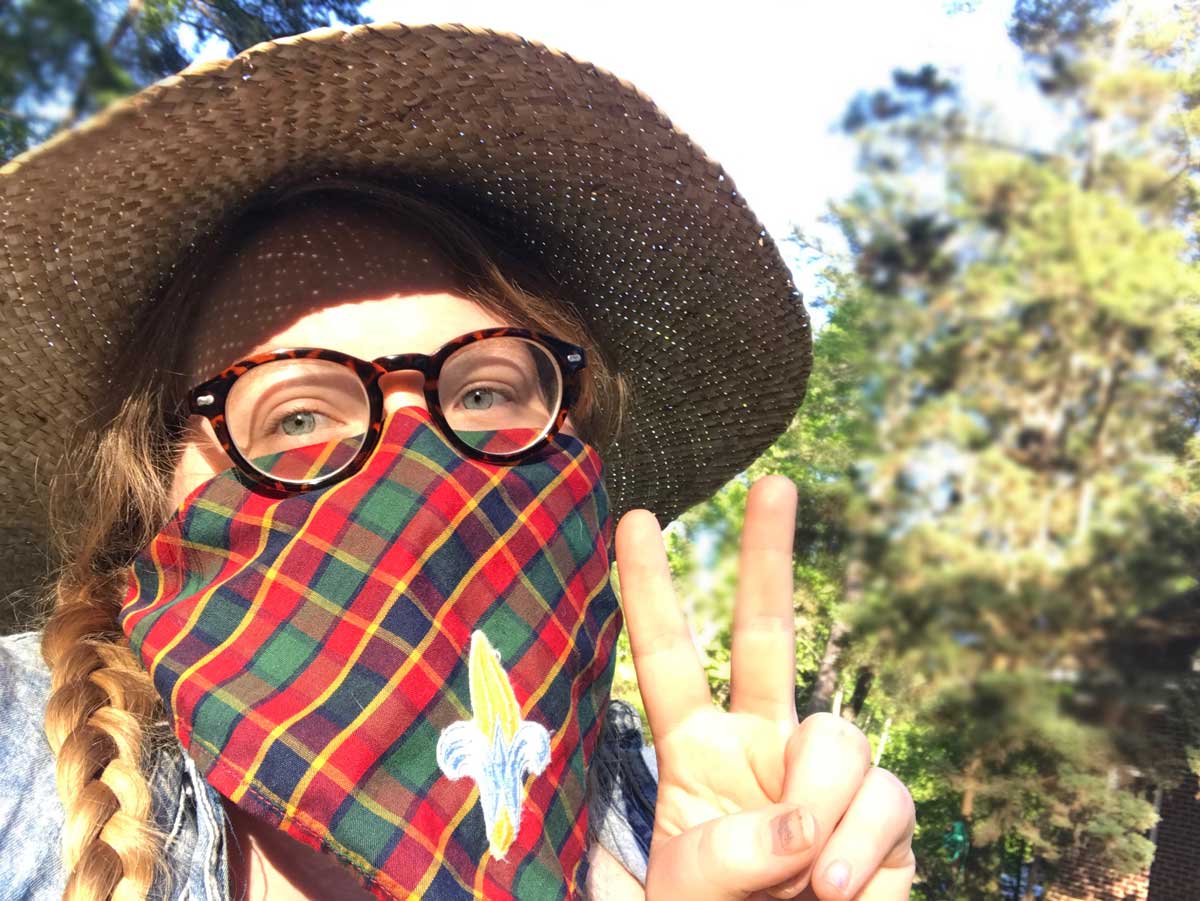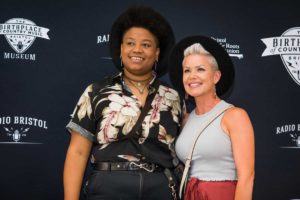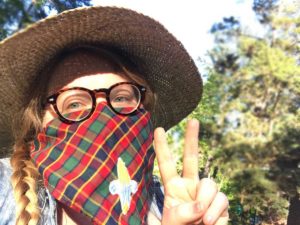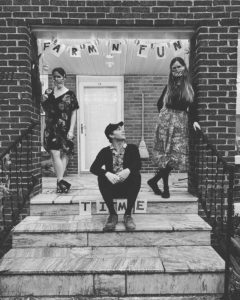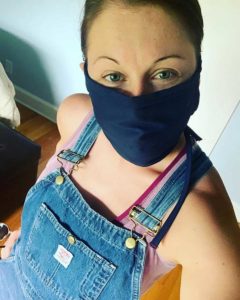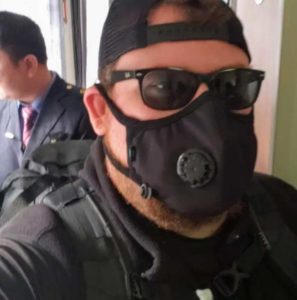We are a little more than six months into the COVID-19 global health crisis. Though statistics in the U.S. are through the roof, states are in varying stages of reopening, the quarantined masses suffer from Spring fever, and Americans are divided into two camps: those who believe COVID-19 is a real concern and those who do not. As Virginia and Tennessee reopens, locally we’re seeing more and more people in restaurants and shopping centers, and some venues are starting to test the waters of hosting live music after a three-month drought. The opportunity for musicians to get back to work is a great thing, right? But I can’t help asking, is it safe?
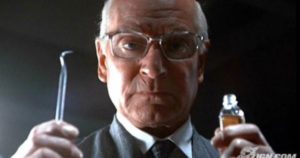
Lawrence Olivier as Dr. Christian Szell in an iconic scene from the conspiracy thriller Marathon Man (Paramount Pictures 1976).
Back in May, I contributed a BCM blog post called The Day Live Music Died, which examined the toll COVID-19 was having on our Bristol area music scene. At that time, we were a little over a month into the national emergency; restaurants, bars, and a slew of live music venues had been shuttered, and the income of touring artists was confined to whatever online sales could be generated by selling merch and asking for Venmo tips during livestream concerts. The music industry as a whole was forced to hit pause. Fast forward to this:
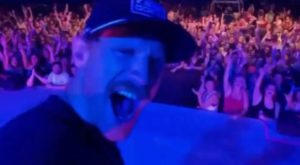
On Saturday, June 27 videos surfaced from a blatantly non-socially-distanced Chase Rice concert at Brushy Mountain State Penitentiary in Petros, Tennessee. The country singer performed the show before an unmasked crowd of around 1,000 fans just as the number of COVID-19 cases in the Volunteer State was peaking at an all-time high of over 43,000 and 609 deaths. Rice was unapologetic in a video released to his Instagram page following the controversial show. Fellow artists Kelsea Ballerini and Jason Isbell checked his audacity on Twitter, then on Tuesday The Today Show covered the story and revealed Chris Janson had performed a similar concert in Filer, Idaho that same weekend.
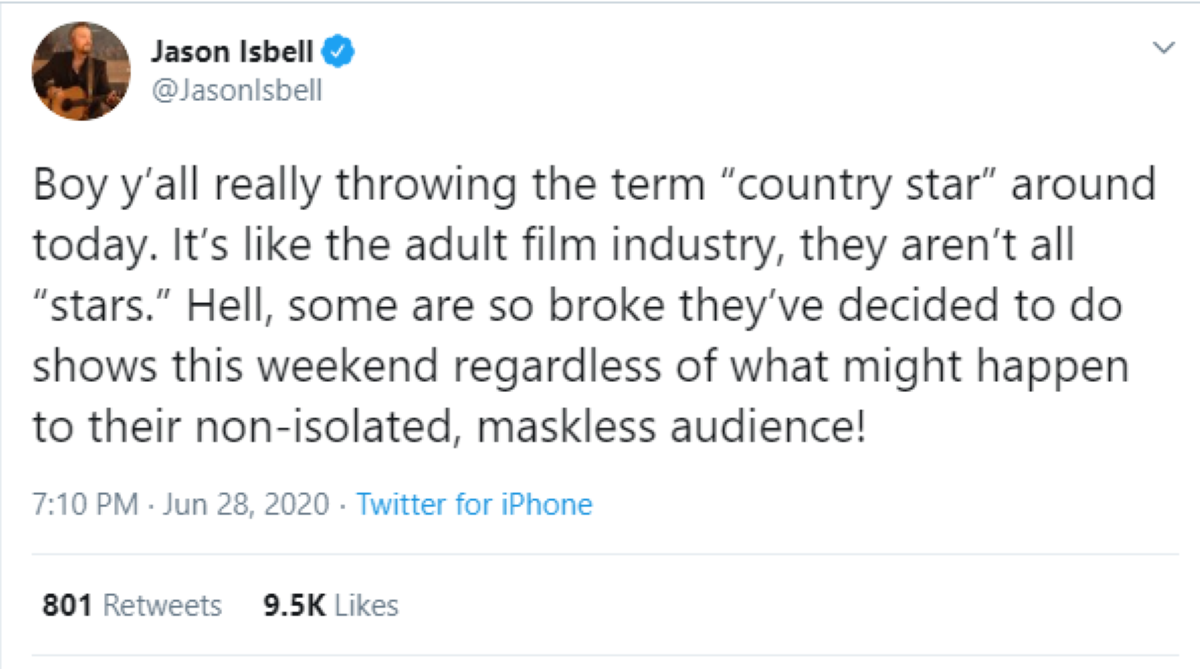
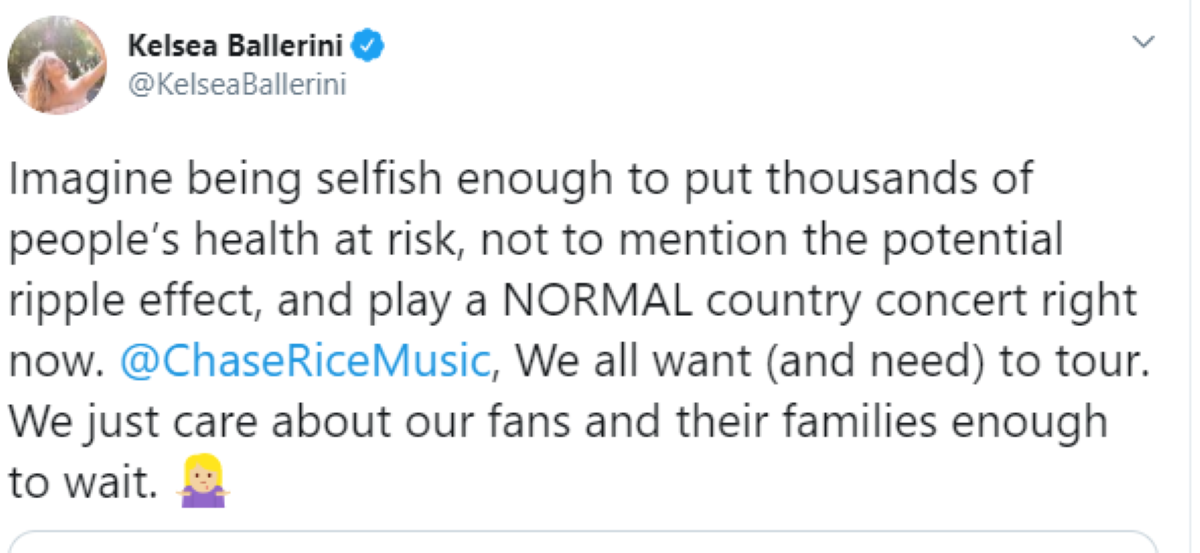
I get it. Artists are losing their wealth by not touring. Concerts are their number one source of income. But if they truly care for their fans, as Rice claims he does in his video, don’t they have a responsibility to make sure venues hosting their concerts are enforcing social distancing guidelines to keep fans – and artists – safe at their shows?
The number of active COVID-19 cases and deaths in the United States are at an all-time high right now. On July 1, the Centers for Disease Control had reported a staggering 127,299 deaths and 2,624,873 total cases of COVID-19 in the U.S. alone – that was 43,644 new reported cases from the day before. In comparison, the population of Bristol, Tennessee and Bristol, Virginia combined is 44,352. Let that sink in.
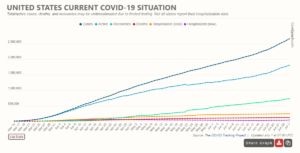
So what does this mean for artists here at home who desperately need income but are facing this very difficult situation? My advice to them would be to seek out venues that are taking their safety, and the safety of their patrons, very seriously. Social distancing is really the best solution for restaurants that offer live music, and I think the venues should state their protocols in writing for the artist and be open to working with them if they don’t feel they can safely perform.
A few years ago my interest in helping local musicians led to a side hustle as a booking agent and publicist. Last year I transitioned to mainly booking music at Lumac Rooftop Bar at The Bristol Hotel here in downtown Bristol, which has been amazing. When the pandemic hit, Lumac went dark for nine weeks. In late May, when the Commonwealth of Virginia entered Phase 2 of reopening, the hotel decided to book live music again to help revive the scene they had carefully cultivated over the previous year.
Though I was excited to book local musicians again because they desperately needed the work, I was also very nervous. I am super protective of the artists I work with and the hotel staff, and I have formed some lifelong friendships in both circles. Personally, I have been practicing social distancing and working from home since the onset of the pandemic. I have autoimmune issues, and my husband and I are caring for family members who likely would not survive if they caught the virus. I continue to be conflicted about sending artists into public spaces where I myself will not go. Anyone who knows me well knows how much I love live music and going to shows, and I made it a point to see as many performances as I could before COVID-19. These days I enjoy live shows online from the comfort of my couch.
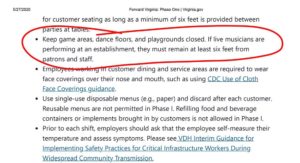
I read through Virginia’s guidelines for reopening and spoke with hotel management at length about safety protocols. The hotel’s general manager, Sean Copley, immediately put me at ease and reassured me that staff would go above and beyond to make artists feel protected and safe. He was equally concerned for the health and safety of his staff, along with the bar’s patrons, and incorporated some of my suggestions for live music into their protocols. In accordance with Virginia guidelines at the time, Lumac was allowed to reopen at 50% capacity – which is around 50 people – with tables seated six feet apart. Bar stools were removed as seating around the bar, and performers had to be distanced from patrons. Performances would be held outdoors on the patio, and Lumac provided more distancing between the artist and patrons than was mandated by the state. If artists were uncomfortable using the elevators, hotel staff would help load their equipment on the elevator for them while the artist was given access to the back stairwell.
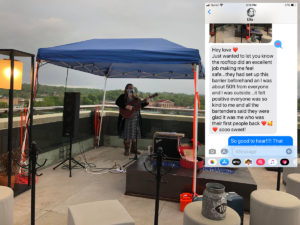
Ella Patrick, a.k.a. Momma Molasses, (who also hosts Folk Yeah! on WBCM Radio Bristol) agreed to be the first artist back to Lumac after the long hiatus. I spoke to her at length about safety precautions over the phone so she could make an informed decision about whether or not to take the gig. I also detailed that same information in the confirmation email I send out to all the artists. After the gig, she texted me the photo above and a heart emoji-filled message. It did my own heart good knowing she was back to earning a living, and that her experience was so positive.
I also reached out to JP Parsons, “Bristol’s own troubador” and host of Appalachian Travels on WBCM Radio Bristol, to perform the following evening, laying out all the safety measures. He had been performing a lot of shows online during the pandemic, and for a potential live show, he consulted his wife Shana before agreeing to perform. They have a young son together who I knew they’d want to protect, so I wasn’t sure if he’d take the gig. When I asked him how he felt about performing live at that time, he said, “I feel like if you know the location and the audience, I don’t really worry because I would be more careful not to get too close to people and just play my music. Hopefully stay healthy, protect myself and keep protecting others, but no one knows. I feel okay going.”
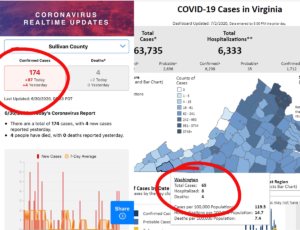
On June 26 Bristolians were saddened to learn that one of our favorite Downtown eateries, Blackbird Bakery, had temporarily closed after announcing one of its employees had tested positive for COVID-19. On June 30 Sullivan County, Tennessee reported a spike in COVID-19 numbers, which jumped to 87 new cases in one day, with the total number standing at 174 cases. Combined with neighboring Washington County, Virginia, that’s 239 total cases in the region directly surrounding Bristol. These numbers may seem small in comparison to other communities, but those numbers could triple and quadruple quickly based on what we’re seeing across the country.
After news of Blackbird Bakery broke, Parsons took to Facebook to cancel his band’s July 4 performance at O’Mainnin’s Pub. A group I had booked to perform at Lumac reached out to me to cancel a scheduled July 3 show, also due to the spike in cases. Hotel management was so concerned that they asked me to cancel Amythyst Kiah‘s July 4 performance on the rooftop as well. Both venues are located about a block from Blackbird, and with all of these cases hitting so close to home, no one wanted to risk a heavy holiday crowd that could potentially create even more infections in our community.
On Monday, July 6, the Birthplace of Country Music delivered the heartbreaking news that our beloved festival, Bristol Rhythm & Roots Reunion, would not take place this September as planned. With tears in my eyes as I write this, I can’t tell you how devastating this is for me emotionally. This would have been our 20th annual event – a huge milestone – and it isn’t happening. I will write a blog about this a little later and share with you all of the events leading up to the final Board of Director’s decision, which I stand by 100%, but for now I will only say this: events like ours would not have to cancel if such an alarming number of people weren’t still getting sick and dying from COVID-19.
It makes me hopeful to see our local music community doing what it can to protect our neighbors, especially when there are so many out there distorting the facts and showing complete disregard for the health of our community. The last few months have undoubtedly been difficult, with many pandemic-related hardships and challenges, but COVID-19 doesn’t care that it’s summer and that we’ve all been cooped up for months and can’t wait to get out of the house. It also doesn’t care who you are, how old you are, or where you stand on the issue. If we want to see live music again on a regular basis in Bristol, see our downtown businesses thriving instead of shutting their doors, and get our musicians back to work, we must do everything we can to keep each other safe. I, for one, am glad to be part of a music community that recognizes its responsibility to protect us and takes action to stop COVID-19 from taking more lives.
In closing, I beg you – pretty please, with sugar on top, wear a mask, wash those hands often, and practice social distancing as much as possible to keep our community safe and prospering. Thank you, in advance.


